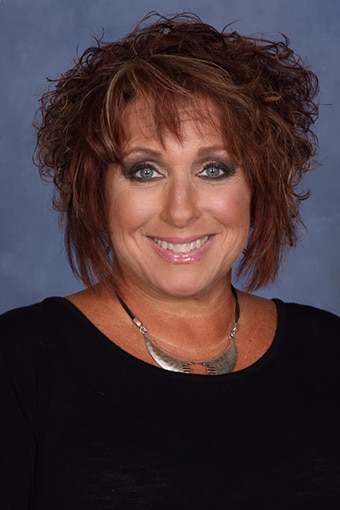
In other words, we’ll examine courtesy and consideration, and how exercising both can make our world a softer, kinder place.
I grew up in a time in which our parents taught that discussing certain topics was simply not done. Sex, politics and religion are matters loaded with such individual passion and fervor that discussion ignites conflict (unless everyone in the room agrees, but we’ll get to that in a minute). That belief was true then, and I believe it’s safe to say that it still applies today. If your mind is not made up on that point, turn on the news. Listen to a political debate. Use the word “male” or “female” in a conversation. Voice your religious beliefs.
Today, sex, politics and religion are openly argued with, yes, passion and fervor. Many may say that that’s progress, that we should be able to talk about things that matter. However, “discussion” of these topics has divided people more deeply than ever, because “discussion” has taken the shape of shouting, accusing, name-calling and even morality-shaming. I can’t think of a single time my mind was changed because someone shouted me down, or called me a childish name, or accused me of being morally bankrupt. The divide just gets deeper and wider.
I happen to be among the faction that believes that open, civil discussion of the “taboo three” would benefit us all. However, what we see and hear today is far from civil; only when everyone in the room agrees with us, it seems, can a discussion be truly cordial. I think it’s safe to say that many believe that, if someone’s ideas don’t mesh with their own, that person is an enemy to be silenced at any cost.
It feels like we have lost the ability and willingness to consider the possibility that someone else’s opinion could possibly be as valid as our own, at least to them. It couldn’t possibly be as right as ours. As morally sound as ours. That is a dangerous mindset, as the first amendment protects the notion that everyone has the right to say (and think) what we believe, even if what we believe is horribly offensive to 99 percent of the population. If you think that right doesn’t matter, imagine a country in which freedom of thought and expression is squashed (hint: you don’t really have to imagine; those countries exist).
To quote the late Larry Flynt, “Freedom of speech doesn’t protect just the speech you like. It also protects the speech you hate.” The ability to listen to someone’s ideas with which we disagree – and not react to those ideas – is the utmost demonstration of maturity and civility. Adults, unlike children, do not have to be loud or obnoxious or argumentative or confrontational to prove a point. We must merely know with calm assurance that our ideas have validity and merit.
In a perfect world, we could even consider the other person’s points without having an emotional meltdown. There was a time when diversity of thought enriched a person’s mind and experience. Part of a person’s education, diversity of thought and belief was once considered to broaden one’s mind, not threaten it.
Disparaging someone else’s beliefs does not lend validity or credence to our own. In fact, I would argue that it does just the opposite. Shouting down someone else because they believe differently than we do, leads directly to the squelching of independent thought and free expression. History clearly illustrates what lies at the bottom of that slippery slope.
So where do we go from here? I believe that we lay down our arms and begin to entertain ideas that are not our own, not for the purposes of abandoning our ideas but rather, for the purposes of doing others the courtesy of allowing room for their right to think and speak, as well.
What have we got to lose, except a whole lot of misunderstanding and angst?
Carole Townsend has been a print correspondent and blogger for more than 16 years. Also, an award-winning author of six books, she has established a reputation as both an ardent researcher and an engaging writer. Blood in the Soil, her fourth book, was named a 2017 finalist for Georgia Author of the Year by the Georgia Writers Association. Her fifth book, The History of Peachtree Corners, earned her the distinction of being named 2022 Georgia Author of the Year. That same book was also awarded the Whitworth-Flanigan Book Award by the Gwinnett Historical Society. Her sixth book, Major League Deal, details the story behind the Atlanta Braves’ surprise move from Fulton County to Cobb County. Townsend is a graduate of Lipscomb University in Nashville, Tennessee. Her books are rooted in the deep South, mainly in Georgia and its rich history. Carole has been a guest on CNN, FOX, NPR, and other major network news and talk shows to discuss her books and related topics. A well-known advocate for women, Townsend also speaks to groups of women and works one-on-one with those who have survived domestic abuse. The author resides in a suburb of Atlanta, Georgia, with her husband and their two beloved dogs. When she’s not writing, Carole enjoys gardening, cooking, their grandchildren, and travel. Find out more about Carole Townsend by visiting www.caroletownsend.com.

